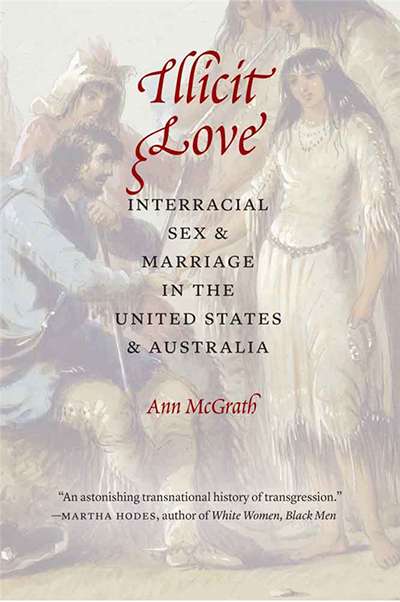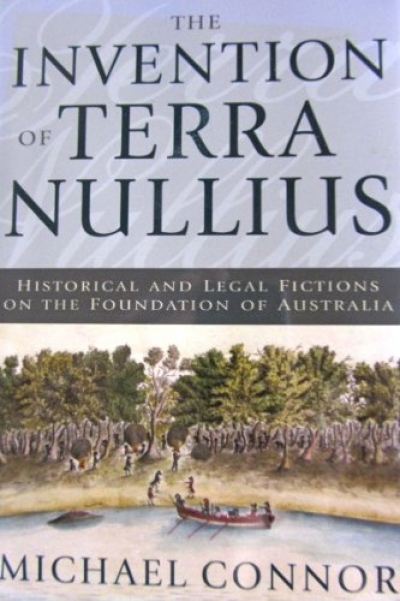Ann McGrath
Everywhen: Australia and the language of deep history edited by Ann McGrath, Laura Rademaker, and Jakelin Troy
by Leonie Stevens •
Illicit Love: Interracial sex and marriage in the United States and Australia by Ann McGrath
by Mark McKenna •
How to Write History That People Want to Read by Ann Curthoys and Ann McGrath & Voice and Vision by Stephen J. Pyne
by Stuart Macintyre •
The Invention Of Terra Nullius: Historical And Legal Fictions On The Foundation Of Australia by Michael Connor
by Ann McGrath •
Aboriginal Victorians: A history since 1800 by Richard Broome
by Ann McGrath •
Proof & Truth: The humanist as expert edited by Iain McCalman and Ann McGrath
by Michael Kirby •





